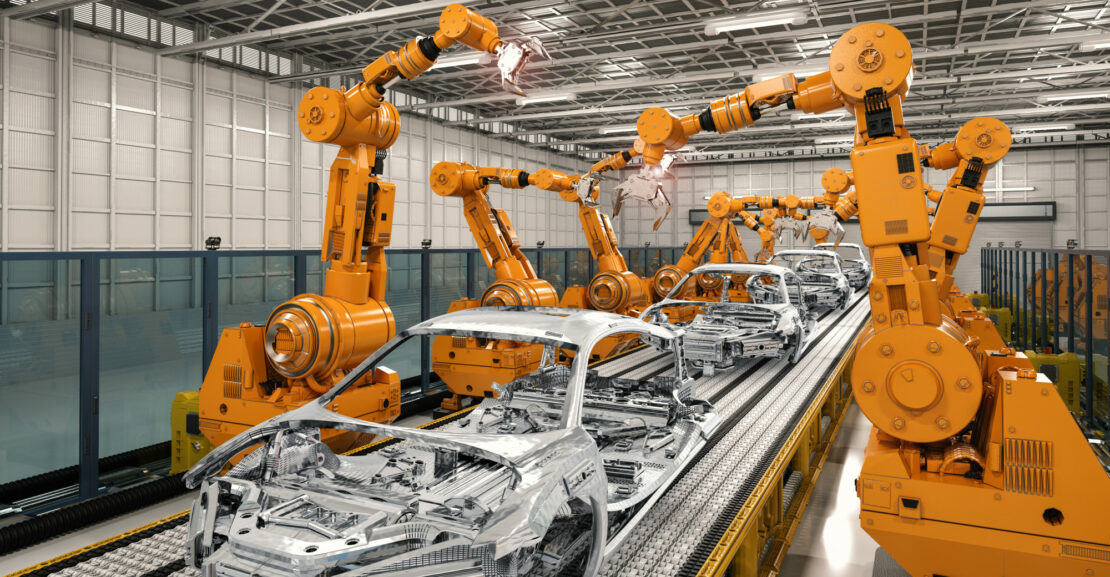The automotive world is buzzing with excitement as new technologies and innovations pave the way for the future of car engines. As we move towards a more sustainable and efficient future, here are some of the key trends and advancements that are set to revolutionize the industry.
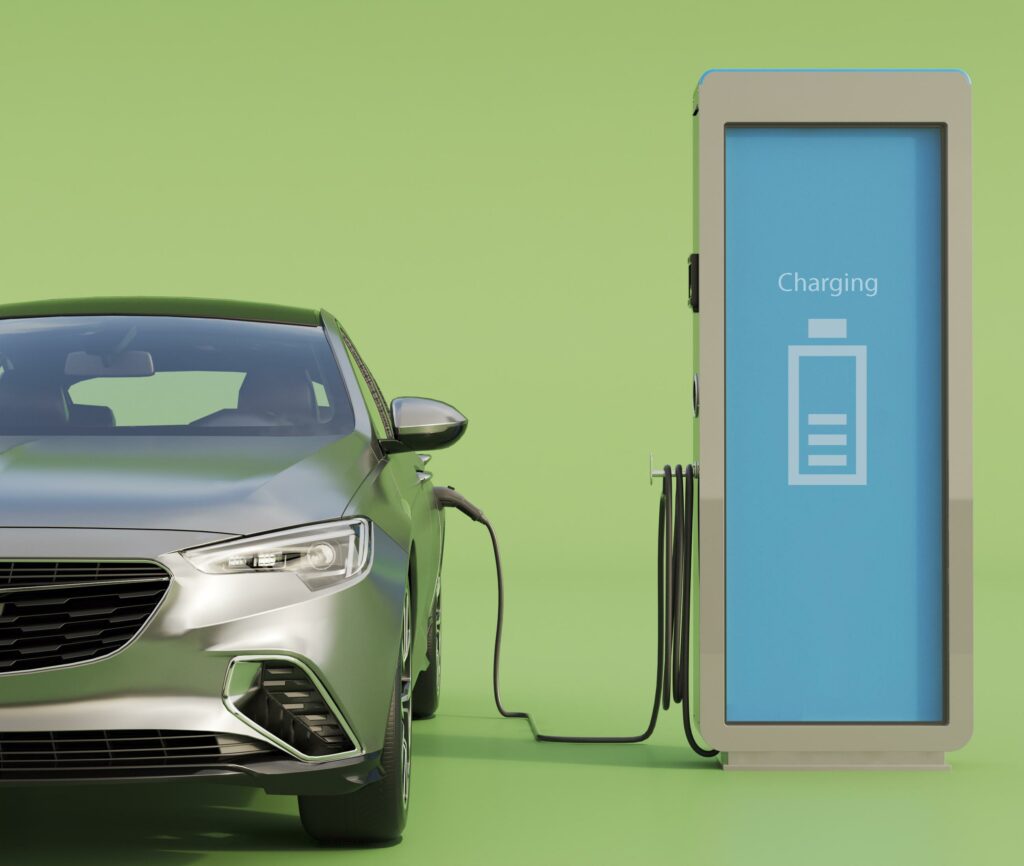
Electrification
One of the most significant shifts in the automotive industry is the move towards electric vehicles (EVs). With advancements in battery technology and growing environmental awareness, EVs are becoming increasingly popular. Companies like Tesla are leading the way, but traditional automakers are also heavily investing in electric powertrains. The adoption of EVs promises to reduce our reliance on fossil fuels and lower carbon emissions significantly.
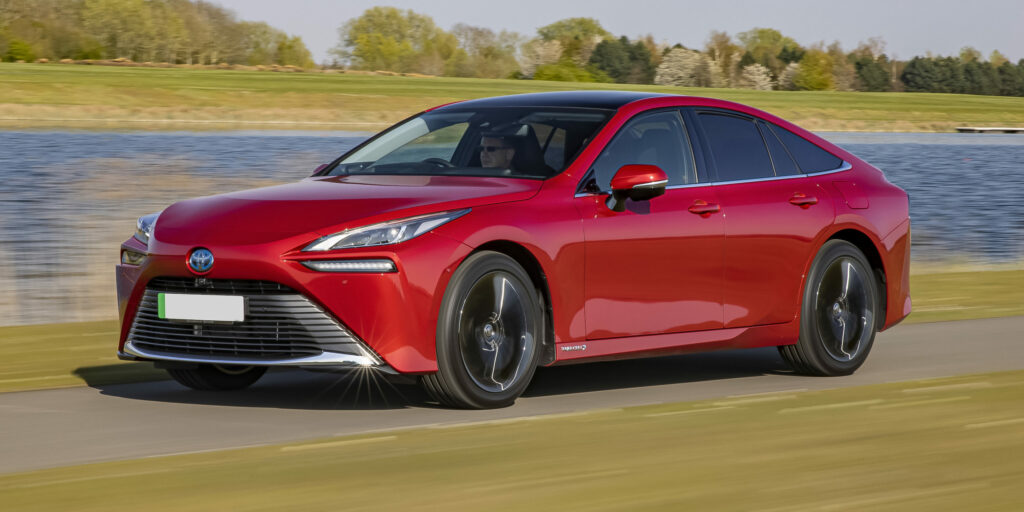
Hydrogen Fuel Cells
Hydrogen fuel cells are emerging as a clean alternative to traditional fossil fuels. These cells generate electricity by combining hydrogen with oxygen, producing only water as a byproduct. Companies like Toyota are at the forefront of developing hydrogen-powered engines and the infrastructure needed to support this technology. Hydrogen fuel cells offer a promising future for clean and efficient transportation.

Advanced Combustion Engines
While electric vehicles are gaining traction, internal combustion engines (ICEs) are not yet obsolete. New technologies, such as synthetic e-fuels and biodiesel, are making ICEs more efficient and environmentally friendly. For instance, Toyota is developing engines capable of running on multiple types of fuel, including hydrogen, showcasing the potential for hybrid solutions that bridge traditional and future technologies.
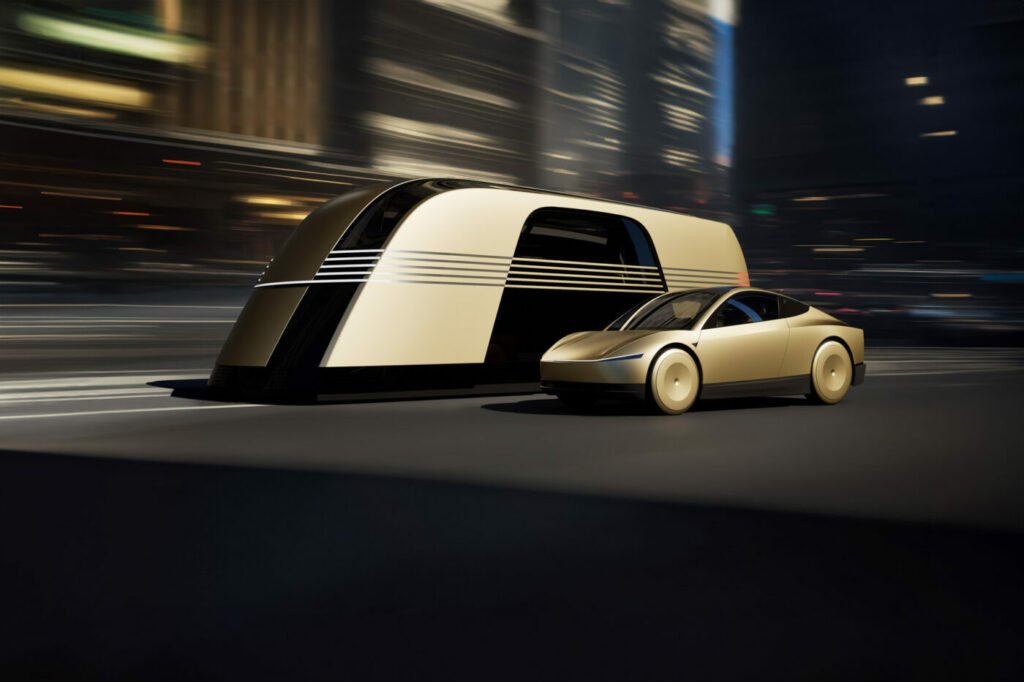
Autonomous Vehicles
The rise of autonomous driving technology is also influencing engine design. Self-driving cars require advanced powertrains and energy management systems to ensure efficient and reliable operation. This includes the integration of electric motors and sophisticated control systems, which are crucial for the seamless functioning of autonomous vehicles.
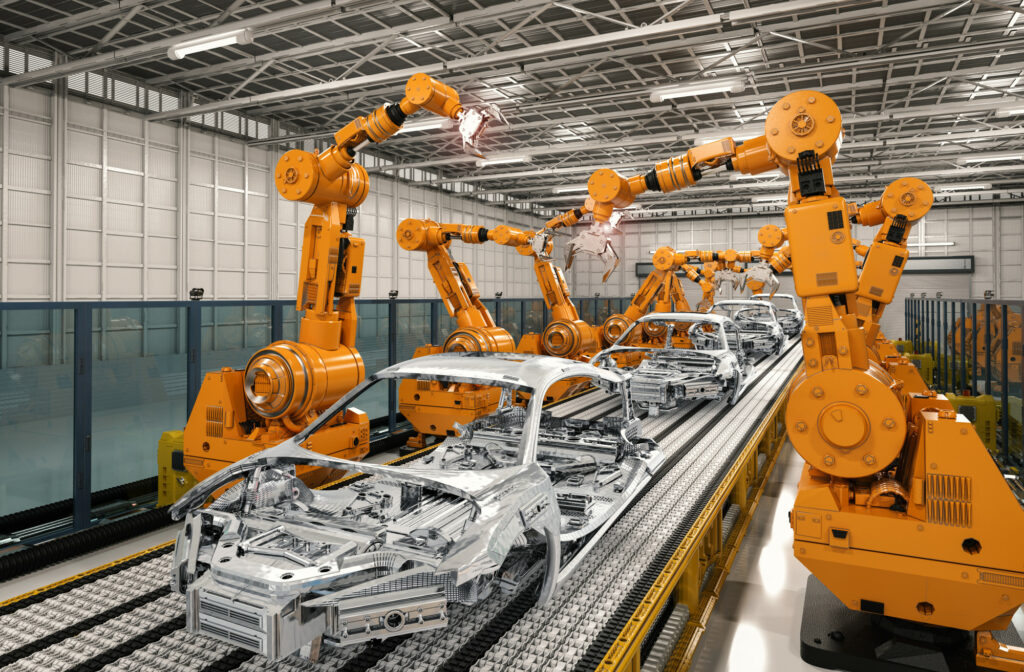
Sustainable Practices
Sustainability is a major focus in the automotive industry. This includes not only the type of fuel used but also the manufacturing processes and materials. Automakers are exploring ways to reduce their carbon footprint and create more sustainable vehicles. From recycling materials to reducing emissions during production, the industry is taking significant steps towards a greener future.

Software and Connectivity
Modern cars are increasingly resembling computers on wheels. Software and connectivity play a crucial role in engine management, diagnostics, and performance optimization. Features such as over-the-air updates, real-time monitoring, and integration with smart devices are becoming standard, allowing for continuous improvements and a better driving experience.
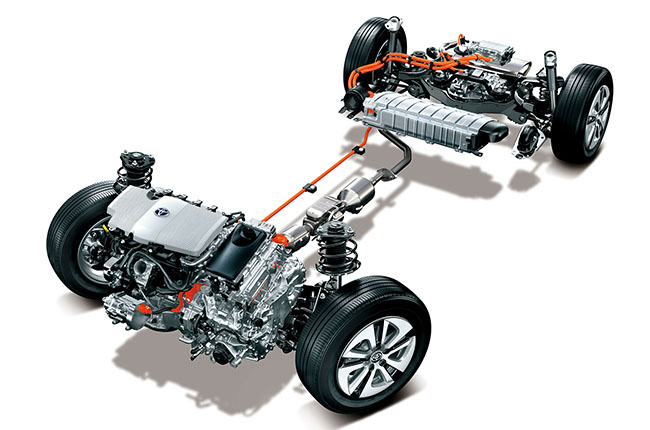
Hybrid Systems
Hybrid vehicles, which combine an internal combustion engine with an electric motor, offer a balanced approach between traditional ICEs and fully electric vehicles. Hybrids provide the benefits of both technologies, offering better fuel efficiency and reduced emissions, making them an attractive option for consumers transitioning to greener alternatives.
Conclusion
The future of car engines is all about innovation and sustainability. As we embrace new technologies and cleaner energy sources, the automotive industry is poised for a transformative era. From electric and hydrogen-powered vehicles to advanced software and autonomous systems, the road ahead promises a thrilling ride into a more sustainable and efficient future.
Whether you’re a car enthusiast or simply curious about the future of transportation, the advancements in car engines are sure to captivate and inspire. Stay tuned as the automotive world continues to evolve, bringing us closer to a greener and smarter future.

